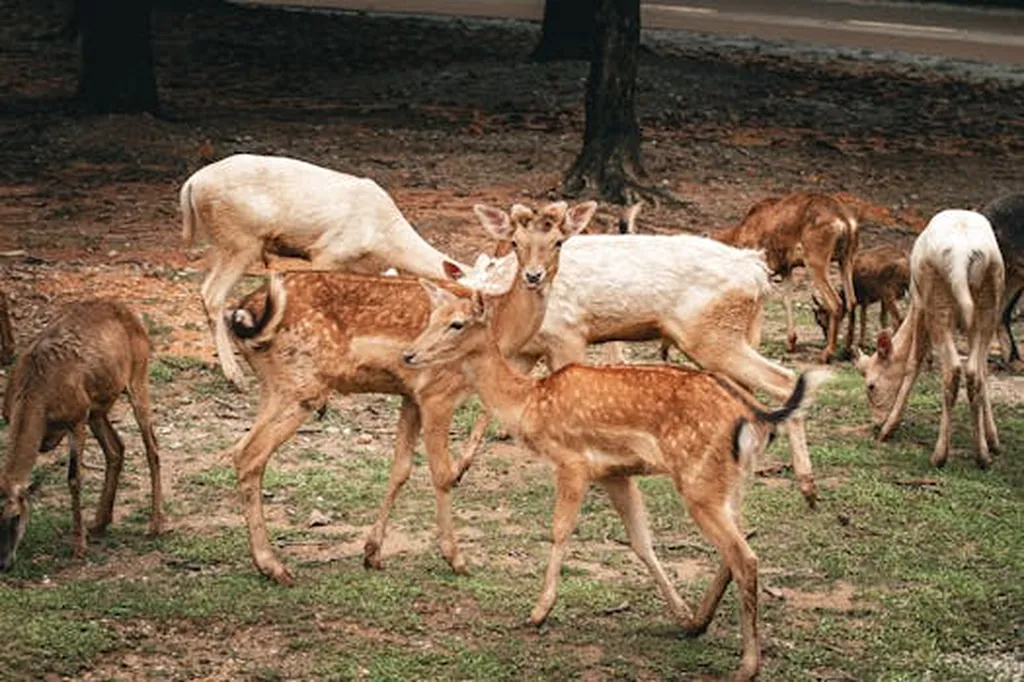In a significant legal challenge to federal land management practices, three environmental groups have filed a lawsuit against the United States Forest Service (USFS), contesting the 2019 Colville National Forest Land Management Plan and the subsequent grazing authorizations in the Colville National Forest. The lawsuit, filed on October 20, 2025, alleges that the USFS has failed to address the ecological impacts of overgrazing in the Colville Forest, despite acknowledging these issues during the planning process.
The Colville National Forest, spanning 1.1 million acres in eastern Washington state, is a multifaceted ecosystem supporting timber harvesting, livestock grazing, recreation, and numerous fish and wildlife species, including those protected under the Endangered Species Act. The management of the Colville Forest is governed by several federal statutes, primarily the National Forest Management Act (NFMA), the Federal Land Policy and Management Act (FLPMA), and the National Environmental Policy Act (NEPA).
The plaintiffs argue that the 2019 Forest Plan, along with its accompanying Environmental Impact Statement (EIS), recognized that only about one-third of the acreage covered by the 58 grazing allotments in the Colville is both capable of and suitable for cattle grazing. Despite this acknowledgment, the plan did not reduce the number of Allotment Management Plans (AMPs) or grazing permits issued, nor did it adjust the intensity of grazing or the areas designated for this use.
The lawsuit, Western Watersheds Project v. U.S. Forest Serv., No. 2:25-cv-00418 (W.D. Wash. 2025), contends that the USFS violated NFMA by failing to align grazing practices with the capability and suitability analysis outlined in the 2019 Forest Plan and EIS. The plaintiffs emphasize that NFMA requires Forest Plans to include an analysis of the “suitability and capability” of land for particular uses, with “suitability” referring to the appropriateness of resource management practices for a certain area, and “capability” referring to the potential of an area to produce resources based on environmental conditions.
Moreover, the plaintiffs claim that the USFS violated NFMA by not updating the AMPs and grazing permits to conform with the 2019 Forest Plan. According to NFMA, permits and other instruments for the use of National Forest System lands must be consistent with land management plans, and when these plans are revised, the relevant permits and instruments should be updated as soon as practicable.
The implications of this lawsuit are significant for the management of the Colville National Forest and could set a precedent for other national forests across the country. If the court rules in favor of the plaintiffs, it could compel the USFS to revisit the 2019 Forest Plan and implement more stringent grazing regulations to protect the ecological integrity of the Colville Forest. This could involve reducing the number of livestock permitted, adjusting the areas designated for grazing, and updating the AMPs and grazing permits to align with the revised plan.
The lawsuit also highlights the broader tension between multiple uses of national forests, including livestock grazing, timber harvesting, and conservation efforts. As the Colville National Forest continues to support a diverse range of activities, the outcome of this legal challenge will be closely watched by environmental groups, land managers, and stakeholders invested in the sustainable management of public lands.

